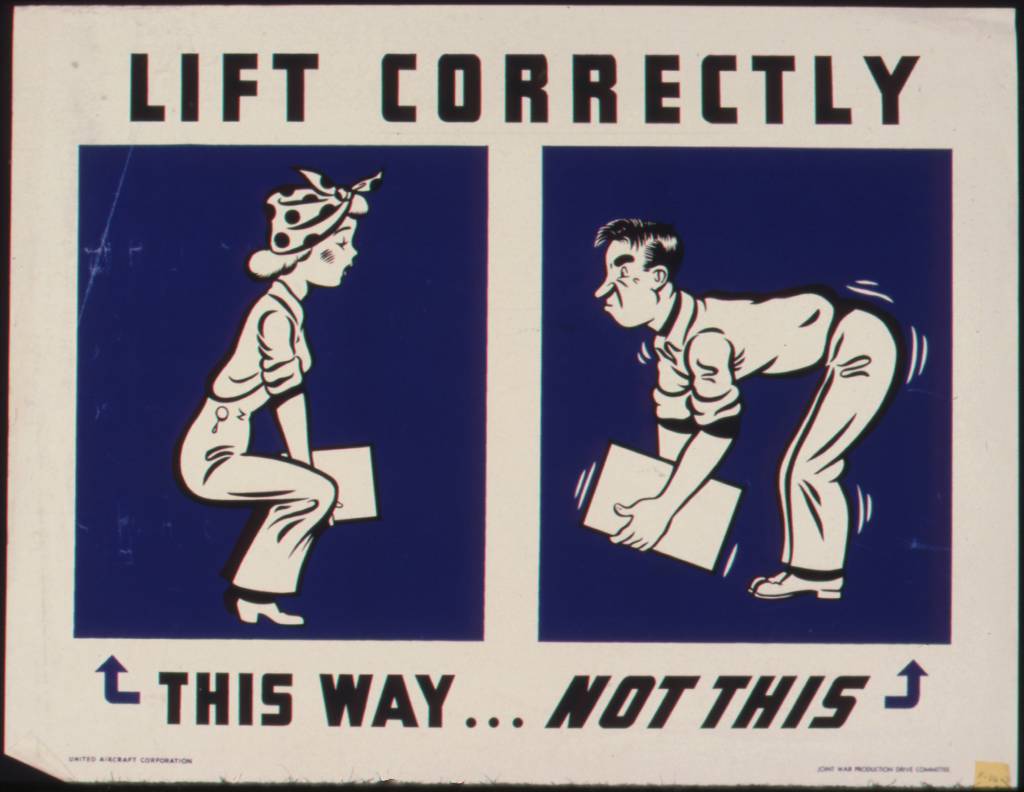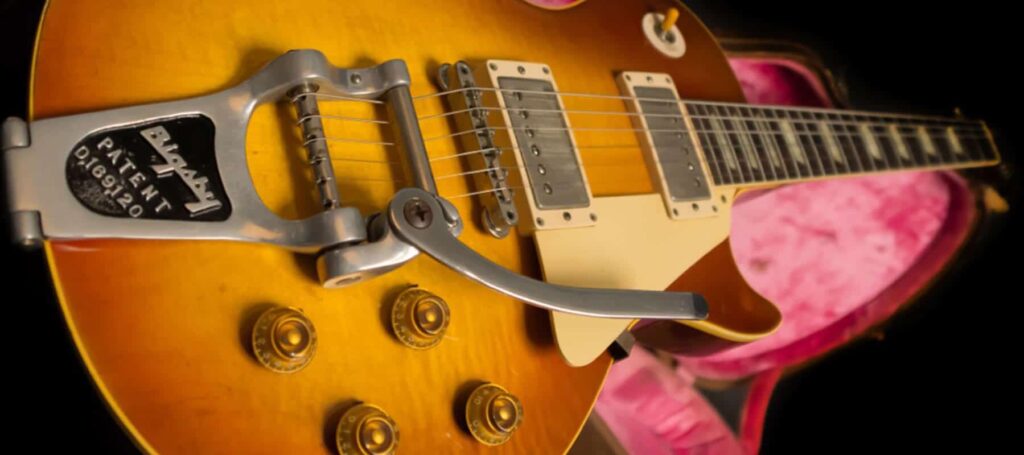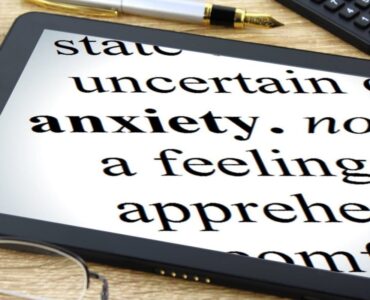Both sickness and retirement can be sensitive areas in any line of work, but it could be argued that they are especially so for musicians. In this blog, we’ll take a look at both…
The lifestyle of a professional musician is often not conducive to a particularly healthy way of living, and if not kept in check, it can lead to both short and long term problems.
While there are obvious negative factors that can affect physical health (lack of sleep, fast food, lifting heavy equipment and the prevalence of drug or alcohol use), the not-inconsiderable stresses put on a musicians’ mental health are also not to be disregarded.
The lifestyle of a musician can sometimes be surprisingly isolating, unlike the image that’s given in the media. It can involve long periods away from home, family and friends.
Add to that the pressure of entertaining hundreds (or even thousands) of people regularly and dealing with the complexities of administration, business and organisation that are an integral part of the entertainment industry and stress-related problems can arise if a reasonable lifestyle is not maintained.
In 2014, Help Musicians UK surveyed a group of professional musicians, focusing on their mental health. It found out that over 60% of musicians surveyed had faced mental health problems at some point in their career.

The longevity and sustainability of a music career can often be points of contention themselves. Still, after recent research by the Musicians’ union, something else that seems often overlooked is future planning, especially for retirement.
The MU Survey, “The Working Musician”, records that only 35% of musicians surveyed pay into a pension scheme, and there have been several cases of seemingly high profile musicians struggling financially towards the end of their career.
This can be attributed to the reduction in royalty payouts and the new higher dependence on live performance for income.
Short and long-term illness
Research shows that an overwhelming number of those who work in music are self-employed. As such, the main problem faced by musicians is actually a problem faced by every type of self-employed worker – if you don’t work, you don’t get paid.
For the self-employed, there is no safety net of paid sick leave or that much-needed holiday time. If you aren’t working, you aren’t earning.
In some cases, this can worsen illness, with some people not wanting to lose out on pay by taking time off and actually worsening their condition.
In some European countries, this has led to fundamental calls for political change with serious debate on universal basic income.
While the political climate in this country seems to be undergoing some change (meaning that planning for old age is increasingly debated in parliament and the idea of UBI being discussed as well), we are unlikely to go down that path for some time.
As such, there are some proactive and practical steps you can take to maintain health and reduce the risk of illness.
Practical lifestyle advice to try to avoid getting ill
Get as much sleep as you can
As a musician, you will often be working very late nights, with lots of travel. In the Help Musicians UK study, 84% of those that responded had experience anti-social working hours.
If you aren’t the one driving, try and make up for lost sleep both on the way there and the way back.
Even if you don’t feel tired, getting some sleep in before hand will leave you feeling more energetic later on-stage. Being constantly sleep deprived can also contribute to bad mental health factors and stress.

An expert demonstration of the correct way to sleep in a Ford Transit crew cab
When on the journey home (for a while at least), you’re probably still going to be riding the adrenaline high of coming off stage.
Use this time to decompress a little, chat with your bandmates and drink water or water-based drinks to rehydrate (remember, while alcohol may help you relax, it is not good at helping you rehydrate!).
After a while, you’ll probably start to feel more drained as the effects wear off – now’s the time to get some sleep in.
This will help you keep some sense of a pattern or routine, which is important for wellbeing.
If you are working far away from home, it may be worth booking a bed for the night in advance rather than undertaking a journey home tired, when concentration can be seriously compromised.
No matter how uncomfortable or unsatisfactory in quality, sleep will reduce the infamous so-called “gig hangover” (achy muscles, fatigue and headaches) that you might feel the next day.
That said, if your journey is particularly long, it’s always a good idea to try and give the driver some company. Try to have at least 2 people awake at any given time and bottles of water to hand.
If you’re driving, try and reserve the pro plus and the red bull for more dire situations.
Don’t expect to nail four cans of monster and some pro plus without feeling any side effects. For a start, the caffeine “crash” you’ll experience afterwards will often be worse than how you felt in the first place!
If you need help staying awake, try a good cup of coffee, stopping for some food, music on the stereo and the window down or air conditioning on. Try not to make your environment too warm – that’s a sure-fire way to start to feel sleepy.
While it may sound ridiculous (and very much depends on the company you’re keeping!) never underestimate the effectiveness of a good ol’ sing song to keep you awake, even if you’ve been doing that most of the evening! This author recommends anything by The Who, at a healthy volume.
If your band is established and charging good money, consider hiring a roadie or driver to help. The benefits can far outweigh the extra cost, and with a bit of training, you may even have a useful stand-in if someone feels unwell at the last minute.
Food on the move
When you’re eating on the road, your diet is usually going to suffer. The main reason for this will be the sheer convenience of unhealthy food.
Usually, you’ll be eating lunch on the go, and that will often mean one thing – the infamous meal deal. Sandwiches. Crisps. Soft Drink.
The sandwiches and crisps can often be very high in fat and salt, with the soft drink being high in sugar. Not great for you by any standards and only just nutritious enough for that energetic performance to come.
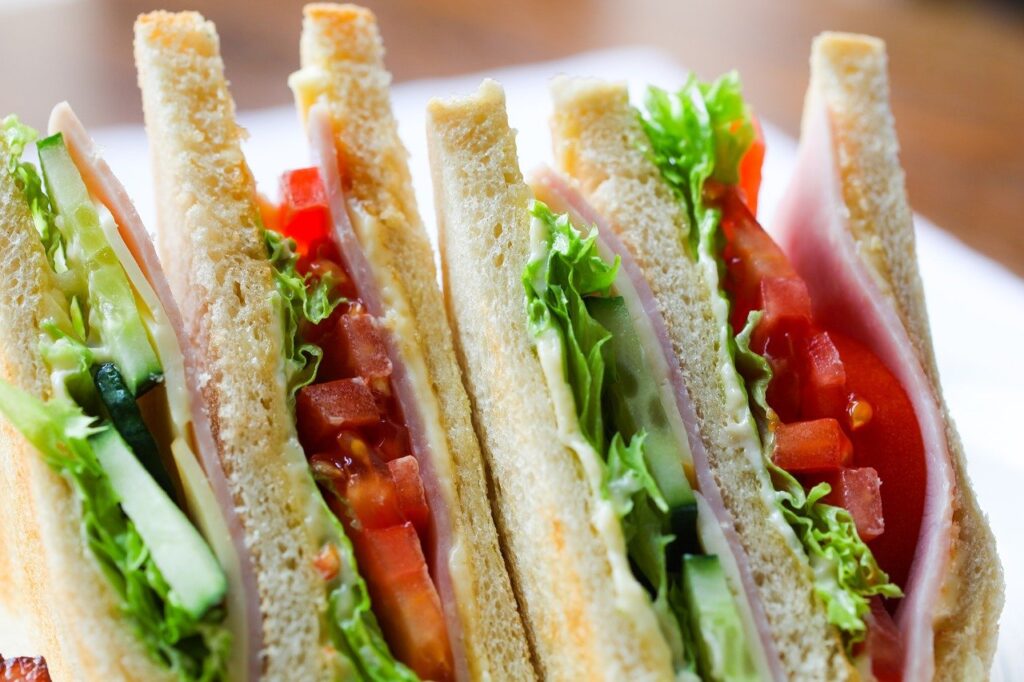
While the obvious answer would seem to be to prepare lunch at home and bring it with you, very few people have the time or inclination to do that in the real world. However, you can take a few steps to reduce the unhealthy impact of the musicians’ diet.
While never completely healthy, many places will do a “Be good to yourself” or weight watchers version of some popular fillings.
While it’s entirely possible that they are still not great for you, at least they’ll probably contain less salt. Similar options exist with the crisps. Try the (surprisingly delicious) whole-grain crisps – much better than they sound!
Finally – the drink. Many supermarkets do really cheap flavoured waters that are much better for you than drinking can after can of full-sugar coke and are, again, surprisingly good.
Once you’ve finished the gig, you’ll often find yourself feeling hungry. No surprise! Load in, load out, and performing can really take it out of you, and you’ll burn a lot of calories.
Unfortunately, your choice of restaurants at this hour is somewhat limited. In fact, you essentially only have one choice, and this is where we come to the obligatory post-gig McDonalds.
It will come as no surprise that very little here is going to add anything constructive to your diet.
However, if you are looking to lessen the effects, look to the grilled chicken wrap or the other bits of the deli range. They aren’t anywhere near as bad for you as the infamous burgers.
Lifting equipment
Rule number one is simple; don’t be a hero. If something is too heavy, don’t be too foolhardy to ask for help. It doesn’t matter what the situation is, a broken or strained arm or hand is not going to do much for your playing!
As a band, collectively decide on what gear will require two people and what can be carried by one – ALWAYS stay on the side of caution.
Remember, it is always better to lift something by bending your knees than your back. Squat down, and lift by straightening up.
Bending over with your back is much more likely to cause any short-and long-term back problems.
If you’re a band that’s commanding a decent fee (and you know you have a gig coming up where the load in is particularly bad), consider hiring a roadie or stagehand, even as a one-off.
Alcohol and drugs
This can be a very sensitive subject for musicians. While the excesses of the ’80s may be largely behind us, ours is still an industry with a reputation for its use of drink and drugs.
Some performers prefer to relax by having a couple of drinks before they go on stage, and many venues don’t have any rules against bands drinking… It could even be included in the rider!

Many industry meetings or mixers will often take place over drinks, and it could well be argued that networking is always easier over a pint or two.
Indeed, the drinking culture we have in the UK is intrinsically related to independent musicians and the industry as a whole.
An LMM article explored the fact that licensing laws for music events are much more relaxed for those with an existing alcohol licence.
There are lifestyle factors that also tend to encourage drinking – most function band players will work every weekend but find themselves relatively free during the week (when alcohol is at its cheapest and the bars are less crowded).
Both of these subjects essentially come down to personal choice and tolerance.
There is a definite argument to be made not to drink on the day or night of a show and probably not to drink much the night before, if you prefer to be well-rested with a clear head.
But the best general advice would be to know your own limits (and make sure they work for you) and then try not to exceed them.
Dealing with short or long term illness
While, as stated above, while there aren’t many ways self-employed workers can continue to earn while ill, there are several steps you can take to help prepare for the eventuality.
Be financially prepared
One aspect of the industry that seems to be rarely discussed is its seasonal nature. For example, If you’re working in a function band, you’re usually going to encounter different peaks and falls in how busy you are.
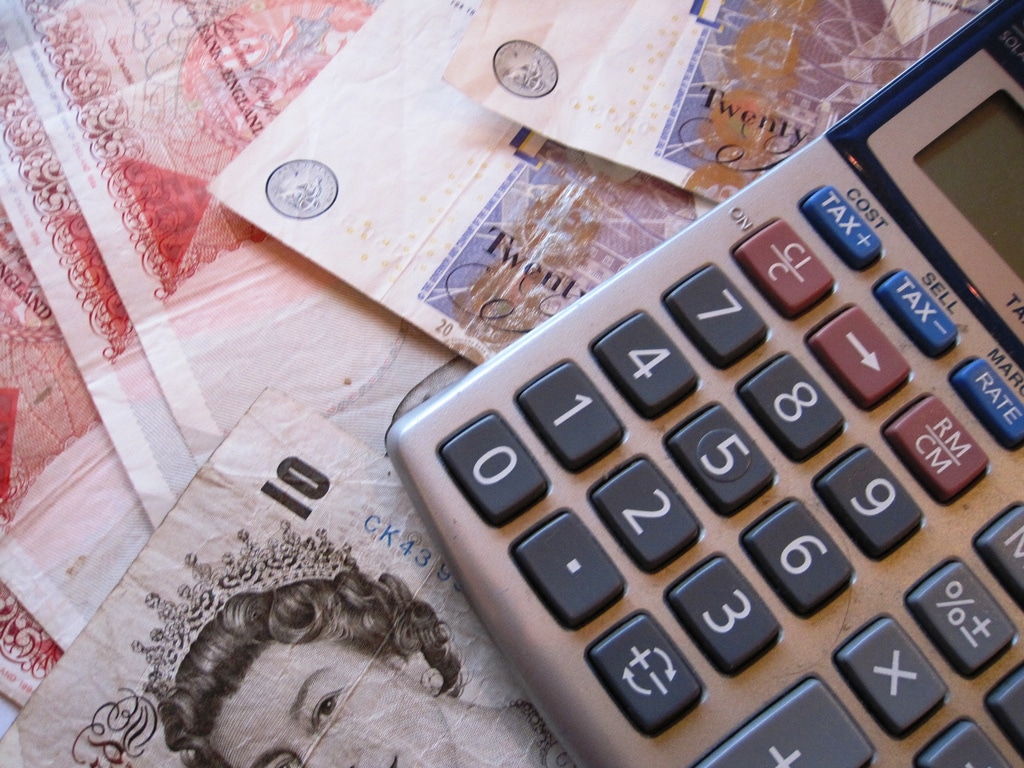
As a rough guide, this can help you prepare and put money aside when times are good for when times are leaner. If you are new to the business, some key times to look out for are;
January/February – Post Christmas lull. The public tends to cut back on their spending, and it’s very rare to have people getting married. Try to pick up a good New Years Eve gig (for which you can charge a premium) to help you through the month, and then other less season-dependent events, like birthday parties.
May/June/July/August/September – Wedding season. Weddings are always going to command a better fee than other events and, like buses, they all tend to arrive at one point of the year. This is a good time to put money away. Other events will include festivals and summer parties.
October/November – Pre-Christmas lull where both individuals and companies tend to cut back on their spending. You may pick up a few hangover summer gigs or early winter parties, but try and be prepared for a drop in business.
December – Christmas Corporate and business parties are the main earners here. When a company is picking up the tab, there is always more money to be made, and if you are prepared to travel (especially to London), this can end up being one of the most lucrative times of the year. Christmas and Boxing Day gigs can be particularly lucrative.
Your financial year in a function band will probably look like this! Look out for the quieter periods usually associated with Pre and Post Xmas.
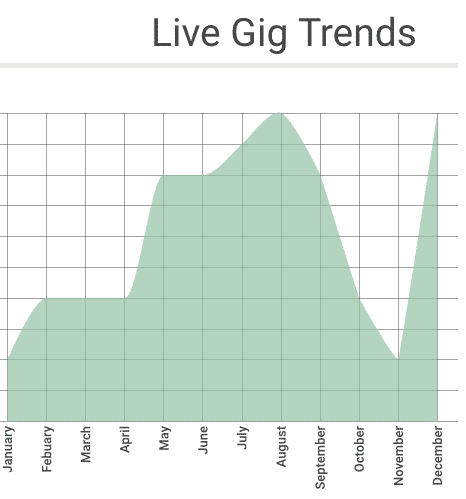
As a rule, always try and run a contingency fund (maybe in a separate bank account) for any large bills, unexpected quiet periods or possible illness. This may seem obvious, but would prove invaluable should you find yourself unable to work.
Have a good network of “Deps”
This can really prove useful on both sides of the fence, as it were. Being a ‘Dep’ essentially means deputising for someone who is ill or unavailable.
Having a good network of capable players who can fill in for you should you fall ill is a great resource to have to prevent disaster – if you fall sick without much notice, the show might not be as slick as if you were there, but it will still take place, and that’s the important thing.
Similarly, getting your name out there as a reliable dep can lead to you picking up extra casual work in bands you might not regularly gig with.
There are several ways to get a good network of deps – one of the best things about studying music at university is that (upon graduation) you will hopefully be instantly in the situation of having a whole network of great players in your speed dial.
Failing that, you can meet people at jam nights, open mics or even on that rare occasion that you get the night off and have a chance to see someone else’s band – if you meet a good player who might prove useful, introduce yourself.
Buy them a drink and ask if they would be up for any dep work – you’ll be exchanging business cards, and this could be the start of a very lucrative partnership.
Last but not least, one of the true advantages of the Internet for musicians is the wealth of Facebook groups and online communities that are now available that provide a whole roster of potential deps and dep work.
If you haven’t already, make sure you ask to join Last Minute Musicians Facebook group UK Musicians for gigs. With over 24,000 members, new work is being posted on an almost hourly basis.
Ask for help and reach out
This is a significant point. If you find yourself in a health situation that you cannot cope with, there are various support networks out there to help you. Whether it is friends and family or healthcare professionals, talking is the first step.
Musicians in retirement
One significant difference between working in the music industry and other professions is the potential longevity of your career.
Making a living as a musician is by no means easy. Though some may leave or return to music throughout their working life, if you have had a career that has been successful enough to sustain you until retirement age, it may not be something you want to give up on so easily.
BB King went on his “Farewell” tour in 2006, at 80 years of age, but remained actively performing right up until the final years of his life. Many successful composers often choose to go into “semi-retirement”, only choosing to work on projects they really want to.
That said, even if you never choose to stop work entirely, there are options to help you prepare for retirement.
Collection and sale of vintage instruments
The tools of your trade can often prove to be quite lucrative investments – for example, vintage guitars and basses can sometimes fetch thousands of pounds. They will usually only appreciate (depending on the condition and economic climate at the time).
If you are not immediately able to purchase something very rare or expensive, try either a mid-range instrument or buy something in less than perfect condition and restore it to playable condition, then trade your way up.
Here’s an article written by “Money Under 30” that deals with the issue from a financial view.
Royalty Collection
While streaming and illegal downloading have seen revenue streams fall, it is still possible to factor compositional royalties into building a sustainable financial future.
If you compose and release music, you should register with the royalty collection agencies – PPL and PRS. How these two services work (and how they differ) is explained on their relative websites:
PPL – http://www.ppluk.com/
If you have performed on recorded music that has received airplay, PPL will deal with the royalty distribution.

PRS – https://www.prsformusic.com/
If you have composed a piece of music that has been recorded and played, PRS will deal with the royalty collection.
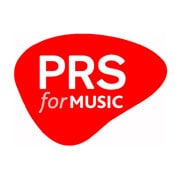
Don’t just look to digital downloads and traditional record sales to maximise your royalty payments – music for sync to TV, video games, or any other commercial application can also generate both long and short term income.
Pension Schemes
There are some private pension schemes available to musicians that you can pay into over the course of your career.
Always get good advice before deciding upon a policy. There are also some government initiatives to encourage you to save for the future with useful tax advantages. Please read our article on pensions for musicians.
Property Investment
If you can get together enough money for a deposit (and maintain mortgage payments), property investment can still be a good way to receive long-term income or lower the cost of living once a mortgage is paid off. The government “Help to buy” scheme is worth taking a look at.
Paying National Insurance and receiving the State Pension
If you consistently pay your class 2 NI Contributions, upon reaching your retirement age you will qualify for the state pension payment. Take a look at the government state pension calculator for more information.
Charitable organisations for musicians
If you find yourself in a situation that you cannot cope with, be that in retirement or illness while you are still working, it is important that you reach out – some organisations can help.
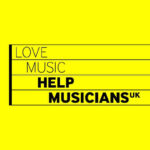
The Musicians Benevolent Fund, HMUK, is the largest charity supporting professional musicians in the United Kingdom. Part of their remit is supporting musicians who have fallen ill and find themselves unable to work.

TSSF is an American charity founded by Queens of the Stone Age/ Eagles of Death Metal musician Josh Homme. Primarily, it supports musicians and road crew who find themselves seriously ill and unable to tour or work. After the events at the Bataclan Theatre in Paris, it also supported the victims and their families.

The British Association for Performing Arts Medicine
The BAPAM can provide specific help and health assessments to those that think they may be In need of it.
PRS For Music Members Benevolent Fund
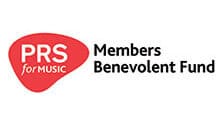
The PRS MMBF primarily supports older and more vulnerable PRS members in need through collecting donations and fundraising of the back of its royalty payments.
Do you have any advice on how you are preparing for retirement? How do you deal with sickness as a musician? Leave your responses in the comments below…
Share this:


